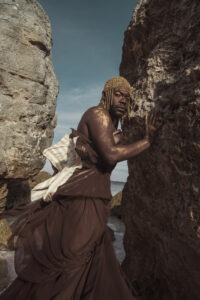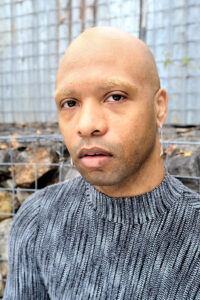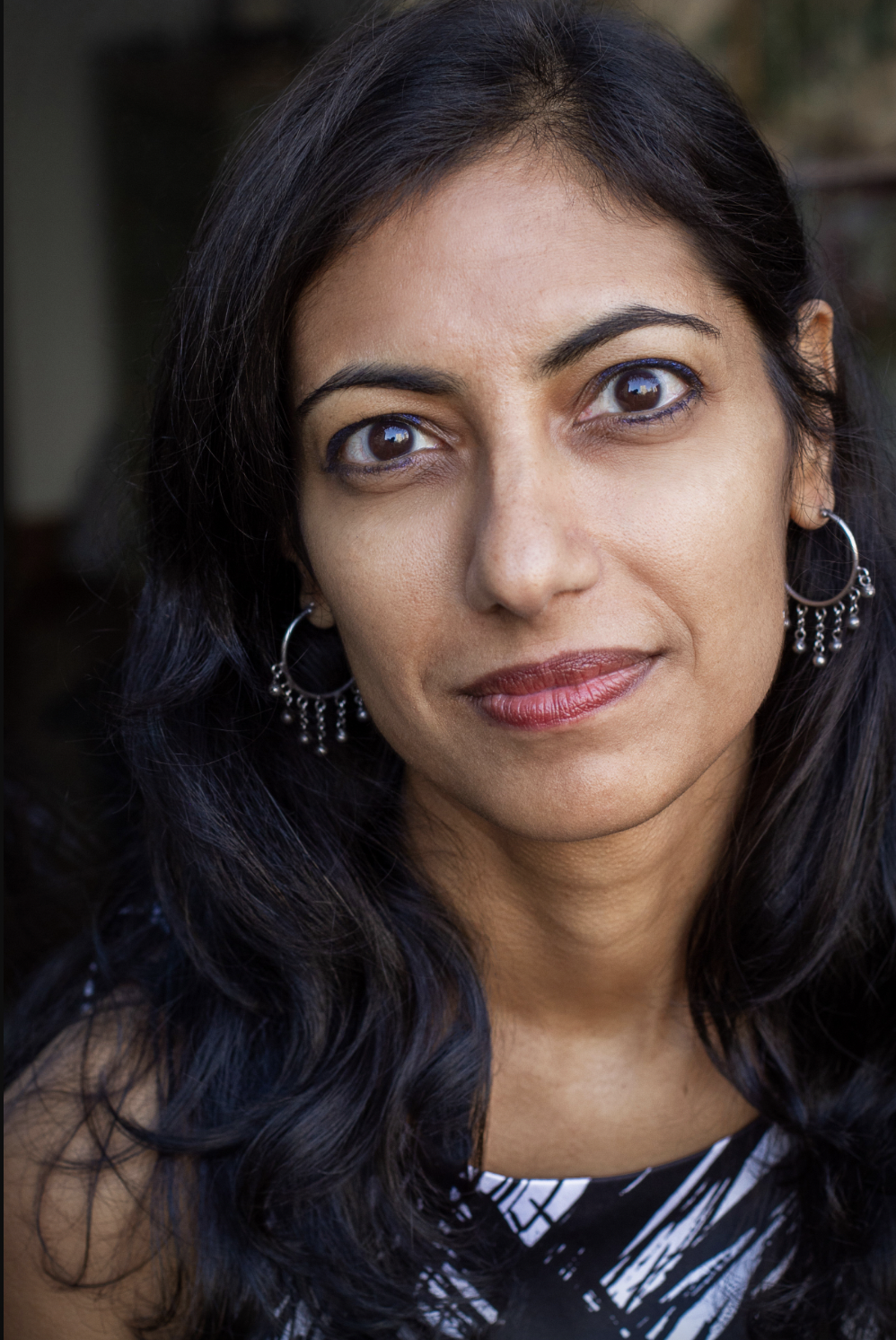LISA WELLS interviews TED CONOVER

Ted Conover began reporting his latest book, Cheap Land Colorado, in May of 2017, in a scenic and unforgiving stretch of the San Luis Valley known locally as the Flats. He tells the story of a diverse cast of off-grid homesteaders, struggling to bootstrap a life on the rural margins. Conover was first introduced to the locals as a volunteer for a nonprofit called La Puente. Under the tutelage of a military vet named Matt Little, he went door to door offering help with basic necessities like food and firewood. Over the course of the next five years he became a regular fixture in the valley, splitting time between a rented trailer parked on the property of a local family (the Grubers) and his adopted home of New York City where he teaches in the NYU Arthur L. Carter Journalism Institute. Eventually, Conover bought his own parcel in the Valley, haggling down from twenty to fifteen-thousand dollars. When we spoke by phone in December, he said, “I’m probably not the only writer in New York on a crowded subway car who sometimes misses the place they grew up.”






















